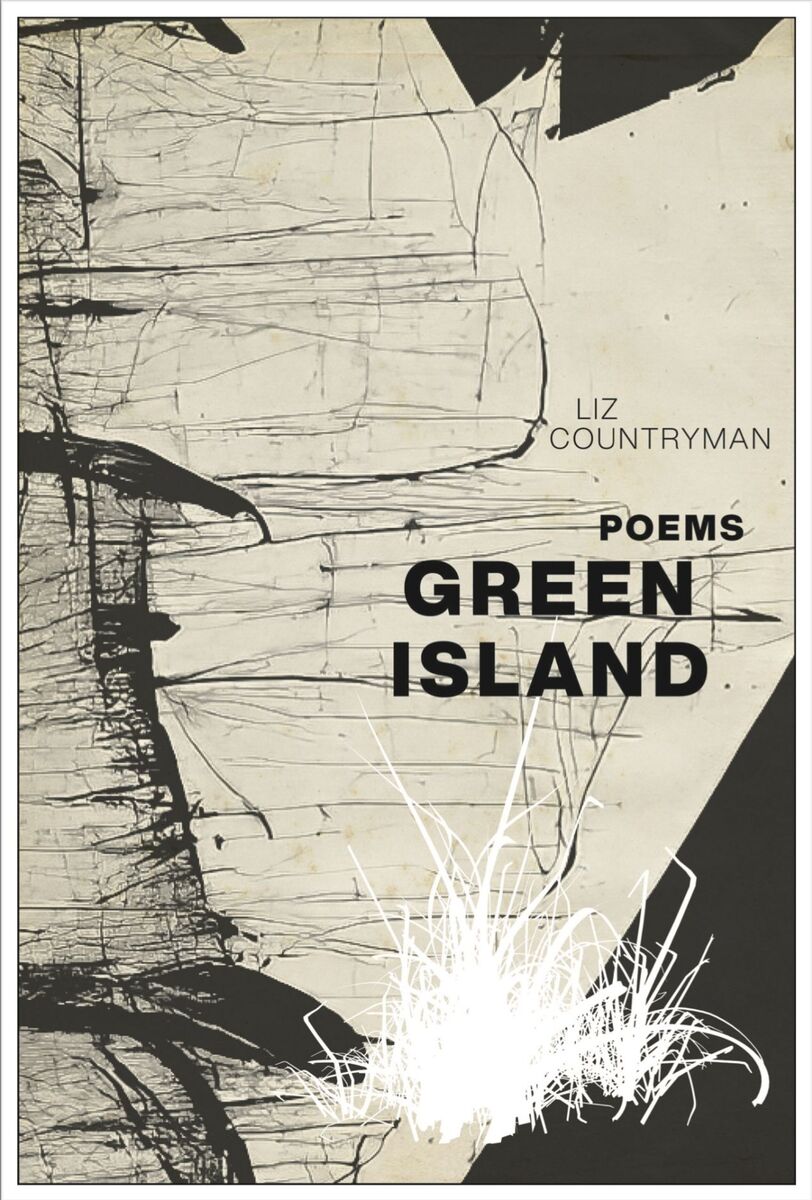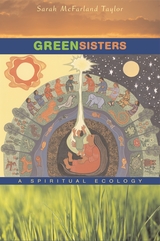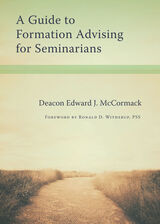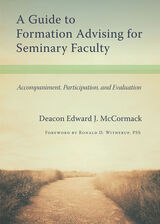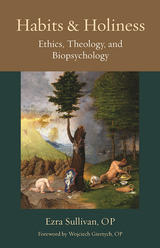Green Island
Tupelo Press, 2024
Paper: 978-1-961209-08-4 | eISBN: 978-1-961209-31-2
See other books on: Death, Grief, Loss | Family | Poetry | Subjects & Themes | Women Authors
See other titles from Tupelo Press
Paper: 978-1-961209-08-4 | eISBN: 978-1-961209-31-2
ABOUT THIS BOOK | AUTHOR BIOGRAPHY | REVIEWS
ABOUT THIS BOOK
Poems that enlarge our sense of what beauty and awe can be.
The poems in Green Island delve into the relationship between place and imagination, examining the ways in which the physical places the speaker occupies, remembers, and imagines determine and enlarge her understanding of self.
While operating with startling self-awareness, Green Island does not simply offer poems that interrogate the circumstances of their own making. The work found in this slim volume questions the poetic tropes of beauty and romantic love and their relationships to the lyric. Ultimately working within the confines of a received tradition to expand what is possible within it, Liz Countryman shows us moments of quiet revelation in the quotidian, the comic, and in the vestiges of popular culture.
The poems in Green Island delve into the relationship between place and imagination, examining the ways in which the physical places the speaker occupies, remembers, and imagines determine and enlarge her understanding of self.
While operating with startling self-awareness, Green Island does not simply offer poems that interrogate the circumstances of their own making. The work found in this slim volume questions the poetic tropes of beauty and romantic love and their relationships to the lyric. Ultimately working within the confines of a received tradition to expand what is possible within it, Liz Countryman shows us moments of quiet revelation in the quotidian, the comic, and in the vestiges of popular culture.
See other books on: Death, Grief, Loss | Family | Poetry | Subjects & Themes | Women Authors
See other titles from Tupelo Press
